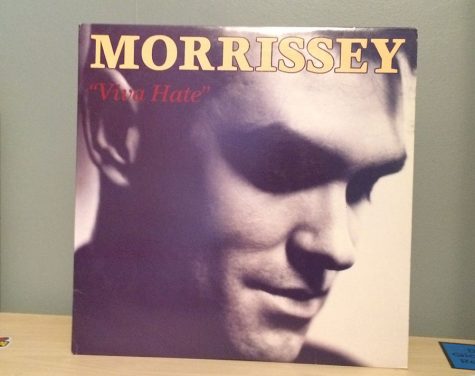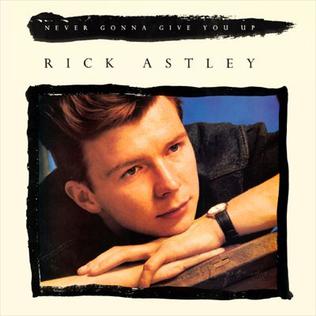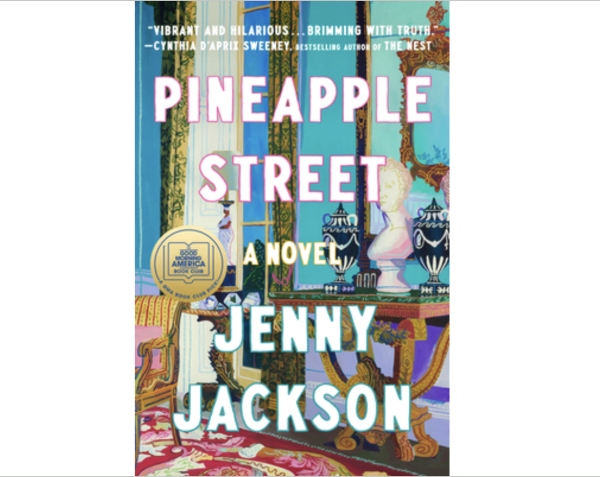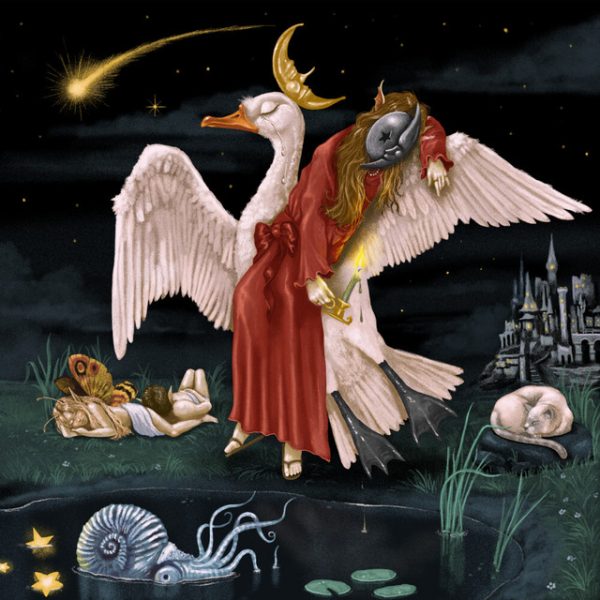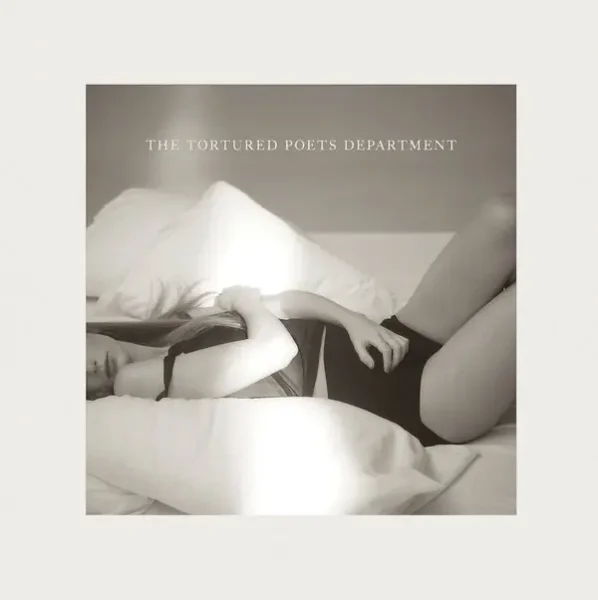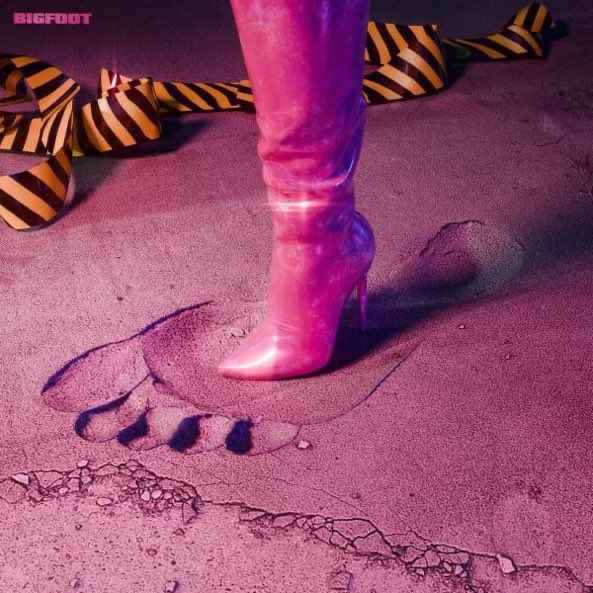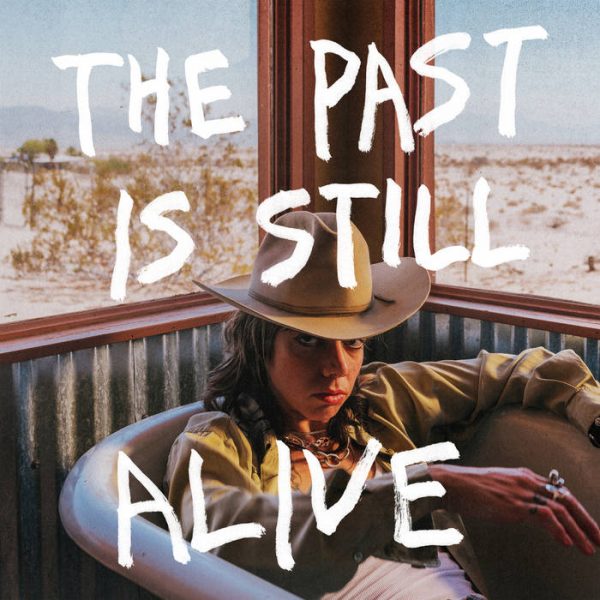Classic Album Review – Morrissey – “Viva Hate”
An In Depth Look At Morrissey’s Debut Album
“Viva Hate,” now a landmark indie album, was the solo debut from the Smiths’ frontman, and English musician, Morrissey. Recorded in the fall of 1987, hot off the heels of the Smiths breakup, and only days after the release of the Smiths final album “Strangeways Here We Come”, “Viva Hate” marked a departure for Morrissey from his past songwriting partnership with guitarist Johnny Marr.
Together, Morrissey and his new songwriting partners Vini Reilly and Stephen Street wrote a masterpiece that rang true to the sound and lyric Morrissey had cultivated in the Smiths while bringing a new rockabilly vibe to the tracks. The album brings a new sense of musicianship to match Morrissey’s voice and the two go together quite nicely.
In the opening line of the first track, “Alsatian Cousin,” Morrissey pleads “were you and he lovers and would you say so if you were” making it clear that this is the lyric of Morrissey but the intense wall of sound behind his voice tells a different story. The guitars and drums are heavy on effects and the volume is turned up to 10 making the song possibly one of Morrissey’s most intense tracks. The album quickly dies back down to what you may expect of the singer with a slow track titled “Little Man, What Now?” a short acoustic ballad describing a forgotten actor and how his life, in true Morrissey fashion, had become plainly miserable.
“Everyday is Like Sunday” is one of several tracks that makes this album a must-own. Morrissey sings lines such as “everyday is like sunday, everyday is silent and grey” over a beautiful arrangement of his band aided by a small orchestra. In my opinion, this is the most memorable song on the album. “Bengali in Platforms,” while the song itself may not be anything special, boasts some of the most powerful lyrics on “Viva Hate.” Morrissey sings the chorus “oh shelve your Western plans and understand that life is hard enough when you belong here” as if he is speaking directly to every young person stuck in their hometown doomed never to escape. Lyrics like this are what draw so many young weary souls to the likes of Morrissey, his lyrics tell the stories of their lives.
Side one ends with the album’s longest – and in my opinion – most forgettable song “Late night, Maudlin Street” which is depressing even by Morrissey standards telling a tale of a young person struggling with pill addiction, ugliness and death. Track one of side two, “Suedehead,” was the first single to be released off of “Viva Hate.” While the term Suedehead may refer to a form of skin head, the track delivers a powerful tale of a love torn youth bellowing the phrases “I’m so very sickened oh I am so sickened now” and “but still it was a good lay good lay” showing it has very little to do with suedeheads. Catchy hooks matched with unforgettable lyrics make “Suedehead” a song for the ages.
The rest of the album is fairley uneventful and forgettable other that the track “I Don’t Mind If You Forget Me” which I believe is Morrissey’s way of describing the end of his former band The Smiths. The instrumentals on this track are very similar to those of “Alsatian Cousin” and give the song a very intense feel. Morrissey wails over the explosion of drums and Guitars “I don’t mind, I don’t mind if you forget me, having learned my lesson I never left an impression on anyone” possibly singing about how he feels the Smiths had not made as big of an impact as he hoped. He goes on to sing “the pressure to change to move on, was strange and very strong” touching on his move to being a solo artist.
This album may have some weak points but overall it is a very solid debut release. It has yielded several of Morrissey’s biggest hits and is still a fan favorite. While this album may seem to pick up where the Smiths left off, it showcases a new side of Morrissey while maintaining all of the melancholy aspects you know and love. “Viva Hate” showed the world Morrissey didn’t need his old band to make a great album, he could do so on his own.



